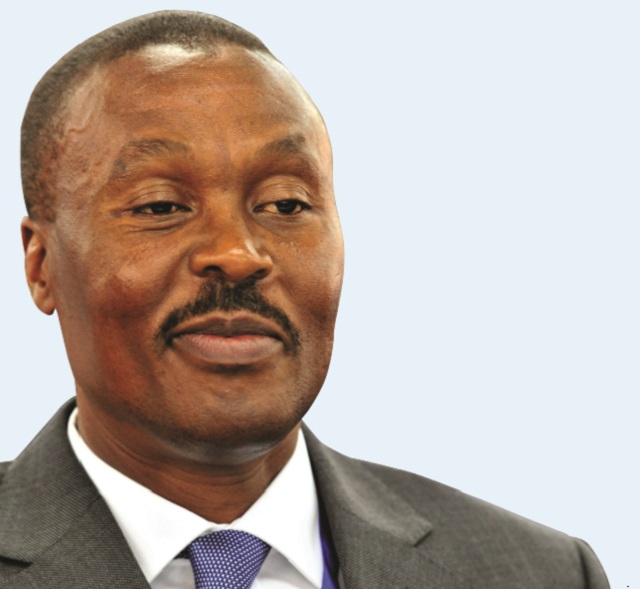
‘We are seeing MPs in traditionally Movement strongholds coming out to oppose this Bill, the momentum is unstoppable,’ he told The Independent
Kampala, Uganda | IAN KATUSIIME | “The opposition is weak” is a refrain in Uganda’s political discourse. President Yoweri Museveni’s ability to thwart opposition protests, NRM’s super majority in parliament, and the absence of an alternative strong opposition leader in the mould of Dr Kizza Besigye are often cited as reasons for the above statement.
But what happens when opposition in its small numbers brings the country to a halt like was witnessed recently in parliament for over a week when opposition Members of Parliament blocked a motion of the age limit amendment Bill for a week?
Although the motion eventually succeeded and the Bill was tabled by NRM’s Igara West MP Raphael Magyezi, the opposition MPs about 20 only in number, on two occasions compelled the Speaker of Parliament to adjourn the House when they suspected that their counterparts in the ruling party were planning to sneak in the controversial Bill on the Order Paper of Parliament. The MPs with their new symbol of red headbands have now galvanised forces opposed to the amendment, across the country.
Following these events, observers are mulling the possible gains that Forum for Democratic Change (FDC), Democratic Party (DP), Uganda Peoples Congress (UPC) and other anti-NRM groups could reap if they put up a united front like the current pushback against the Bill has shown.
FDC President Mugisha Muntu says the anti-age limit sentiments across the country have been demonstrated through the number of leaders; social, religious who have come out publicly against the amendment. “Even leaders in the Movement party have come out on this, we are seeing MPs in traditionally Movement strongholds coming out to oppose this Bill, the momentum is unstoppable,” he told The Independent.
Muntu who temporarily halted his campaign for re-election as FDC President to join forces opposed to the age limit Bill, says Museveni needs to watch out because the campaign against the Bill is now international. He says the numbers NRM brags about in parliament remain a test on this issue.
“You have seen constituencies where people are telling their MPs to literally not touch it (the constitutional age cap),” he said.
He explained that there is so much opposition to the Bill because it is an opportunity to exploit for anyone who wants to see change; especially those not in politics who are the majority.
“Even in the ruling party in their different sections, they want to see change, that is why there is all this momentum and it can only keep growing,” he said.
Muntu added that he has been holding meetings with various political and non-political actors to see that there’s a countrywide movement against the Bill.
The constitutional amendment appears to have even united FDC with its ever present internal ideological rifts. The factions of moderates led by Muntu and those of radicals who prefer street style protests and allied to former presidential candidate Besigye, seem to both view the amendment as an existential threat to opposition parties. Although the two groups have not come out jointly, party insiders say the focus is now on one thing- ‘Togikwatako’, the name given to the resistance of the Bill.
The unity of the opposition is not necessarily about forming electoral coalitions per se, but it’s about coordinated action even if parties do not form formal coalitions, says Moses Khisa, an Assistant Professor of Political Science at North Carolina State University.
“Political competition in Uganda today tends to be not so much between parties as between individuals up against the Ugandan state,” he told The Independent in an email response.
“Consider this, after the 2011 elections the opposition won a series of by-elections, in fact more than half dozen, and the decisive factor was that they were able to pool their resources, field a single candidate and work together to defeat NRM candidates,” Khisa says. According to him, this happened because there was high level coordination and strategic cooperation.
 The Independent Uganda: You get the Truth we Pay the Price
The Independent Uganda: You get the Truth we Pay the Price


